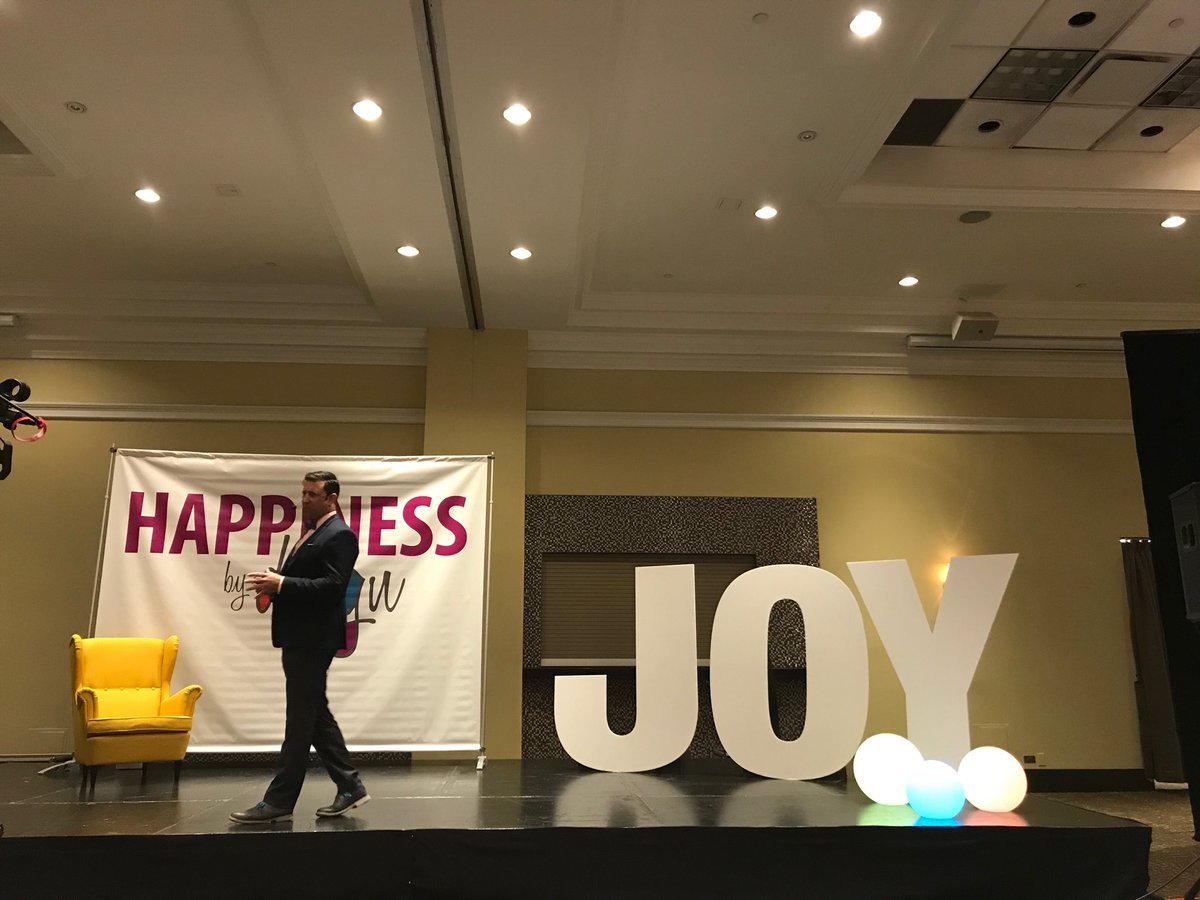Jim Moss Teaches Us About The Importance of Gratitude
People who make their living in the caring professions – such as the 5,000-plus who support the residents of Schlegel Villages – would generally be classed as “mission” or “purpose” driven. They believe in the work they do and they put an immense amount of their personal energy into it, for in many ways their work is their identity. This can come at an immense cost, however.
Jim Moss of Plasticity Labs says that well-being is the "single
greatest predictor of organizational success."
As Jim Moss said during his opening keynote address at the annual Schlegel Villages leadership retreat in mid-April, research into workplace culture suggests these mission-driven employees are at great risk of failing to care for their own well being. They would do almost anything in support of their peers and the people they support, but if they neglect their own health, the potential crash is all the more difficult when it comes.
Jim is the chief happiness officer, CEO and co-founder of a Waterloo-based organization call Plasticity Labs, which uses the science of happiness and gratitude to educate business leaders around the world on the worthiness of investing in a culture of well-being. This spring’s retreat was an extension of time he spent with Schlegel Villages last year, digging deeper into the science behind well being and why it matters so much in the mission-driven workforce.
“Your health and well-being is the single greatest predictor of organizational success,” Jim said, further explaining that employee engagement models typically used to define success are extremely outdated. They fail to consider the differentiators among mission-driven employees and those in sectors that require less emotional investment.
“You,” he said, addressing the 300 leaders from Schlegel Villages organization, “are going to keep putting more things upon your back and going forward anyways because it’s worth it, because it’s important. What we see with people’s health in this type of workforce is that you keep marching up the mountain, and it is a steeper mountain, and you are pushing a heavier rock, and you keep taking on more and more . . . because you ‘must’ do this and it’s important.”
Such people build great resilience and can absorb an amazing amount of stress, but they risk crashing terribly hard when the fall comes and their health and emotional wellness finally cracks. This is why Schlegel Villages chooses to invest so heavily in education focused on the science of happiness and well-being. If the leaders in the room are able to better care for themselves, they’ll be able to create healthier conditions for their teams and thus, a better environment for the key stakeholders in the equation: the residents.
Gratitude can be learned and practiced to become a natural state of being and in that state one’s personal sense of well-being is enhanced. The teams within the villages are working towards this as they strive to offer the best of themselves to the residents they serve and the annual leadership retreat offered many tools to help them get there.


